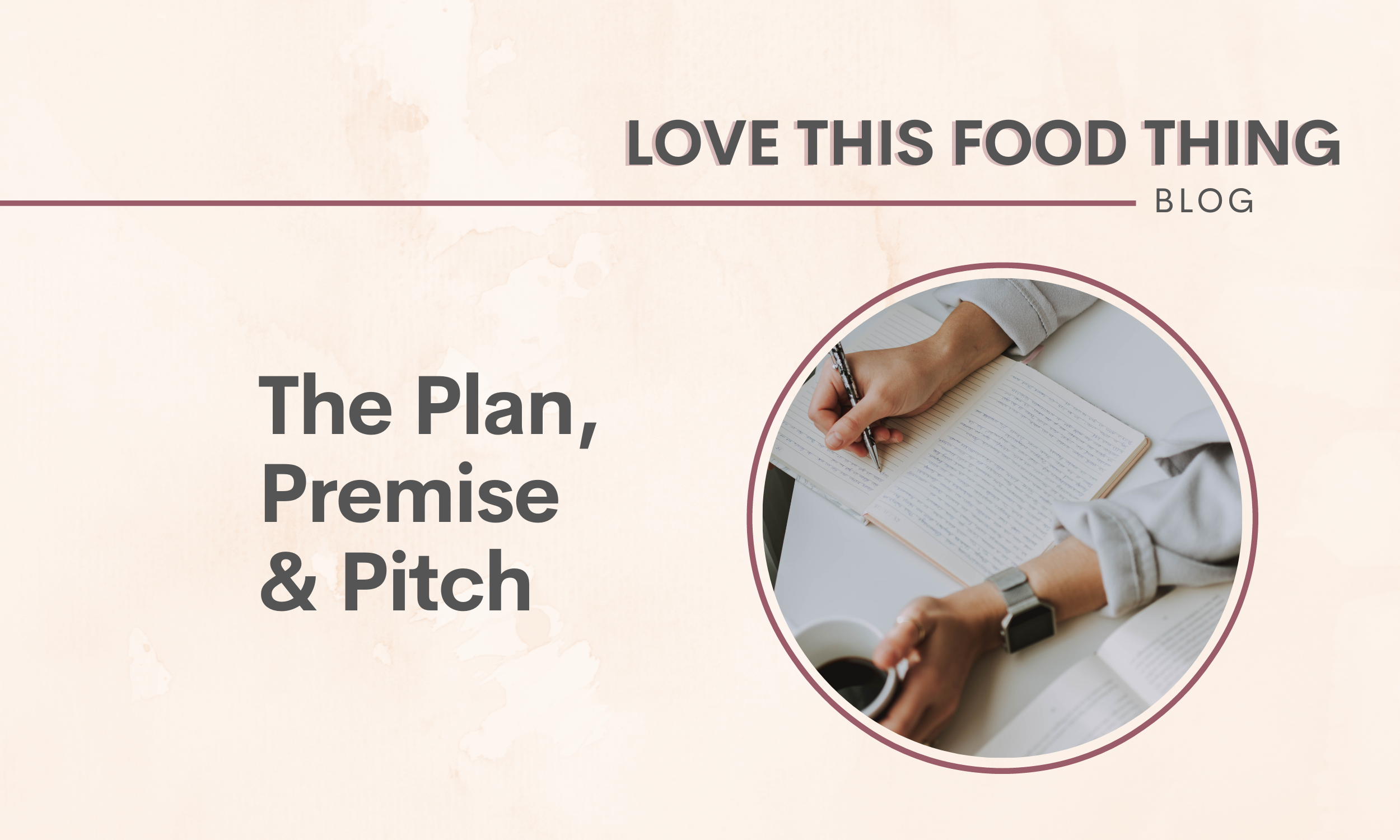The Plan, Premise & Pitch
I had a plan, a premise and a pitch. What’s the golden rule regarding a pitch? 25 words or less.
HERE WAS MY PITCH:
My podcast is a series of conversations with a variety of guests about their relationship with food and how it affects their behaviour (23 words, actually!)
Within days, Chloe Ducker – a social media/ podcast expert, savvy, young, okay a Millennial and Richard Nathan, a sophisticated and mature hand in the sound engineering game – were on board.
I’d be lost without them.
And I had found some willing guests for Season One. To all of you I say, a thousand times, thank you.
SOME BACKGROUND ON ME:
By day I’m a voice-over (VO) artist. I’ve worked in studios from spaceship to egg box dimensions. Almost always the sound quality is top notch. Sound quality matters, a lot, to me. It’s one of my things.
I’m the VO who asks constantly for the volume levels to turn up, up, a bit more, too loud, no, up, as years of amplified sound have affected my hearing. I’m sorry I didn’t quite catch that!? I can lip read “like pulling teeth” through a darkened studio window, from a distance.
Voice over work is simple, technically, speaking. Anything technical is the remit of the sound engineer and not the VO artist or “talent” - I use the term loosely.
If you want to get paid: read script into microphone! A sound engineer will position it just so, locate your headphones (they’re on the table in front of you) and take your refreshment order.
Start recording (open mouth and speak) try not to cough, swallow or clear throat mid sentence.
Feign interest when the director asks for another take.
Rest, relax, and think about lunch.
Afterwards call your agent, say job went well, try not to ask how much you’re getting paid. Fail. Ask how much you’re getting paid. Apologise. You’ve annoyed your agent, again. They don’t know. They do. But they’re not going to tell you because you may not have got the job after all. Hang up. Rest, relax and stare out the window. Later think about setting up a podcast. And calling your agent.
My point is... it’s not rocket science. But, sound engineering, comes close.
A sound engineer holds the space for the voice artist, director, client, producer, art director, copywriter, marketing department - and whoever else fancies dropping by from the marketing department - while performing technical magic and remaining calm throughout.
Not dissimilar to flying a spaceship, full of hungry toddlers, off to potty training.
A sound engineer is the voiceover’s best friend. They make you (me) sound better than you (me) are. Bribes, gifts, asking after family, hell, just remembering their names, all work. I call them darling and/or mate (many are called Dave).
Ps Many are called Dave or Sue but, whatever their name, keep them close, they won’t let you down.
